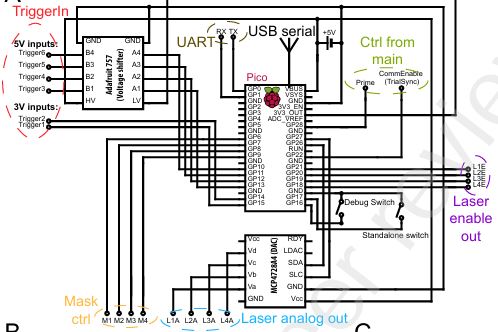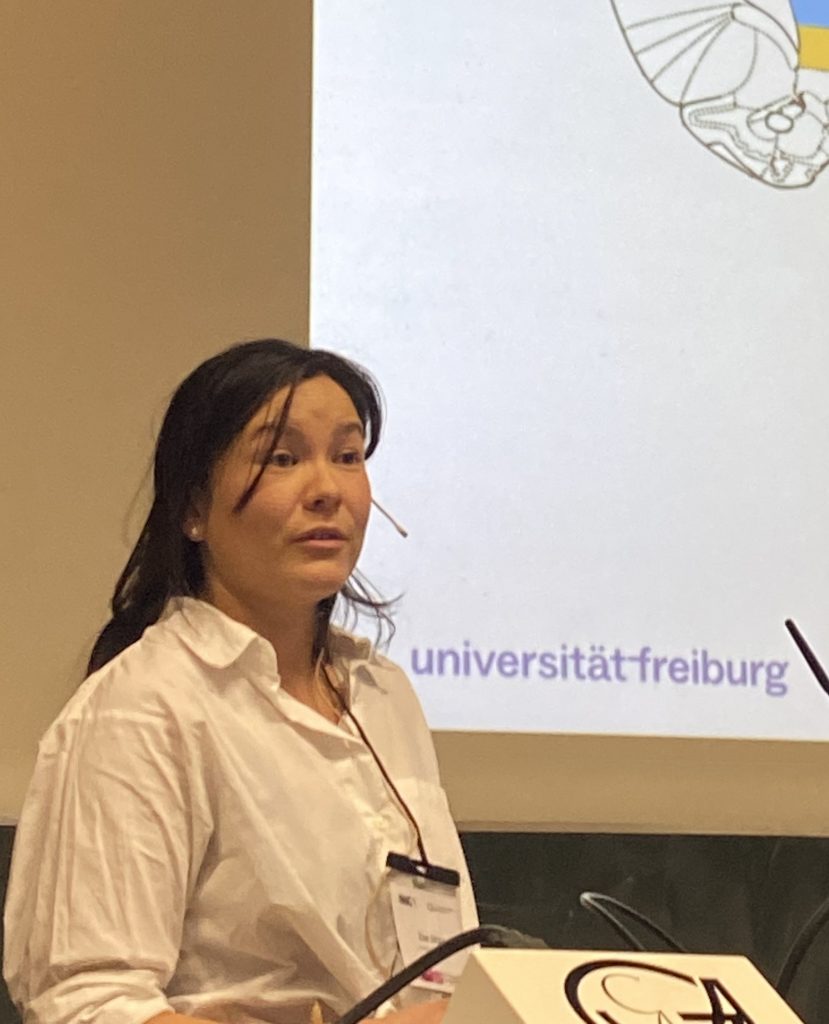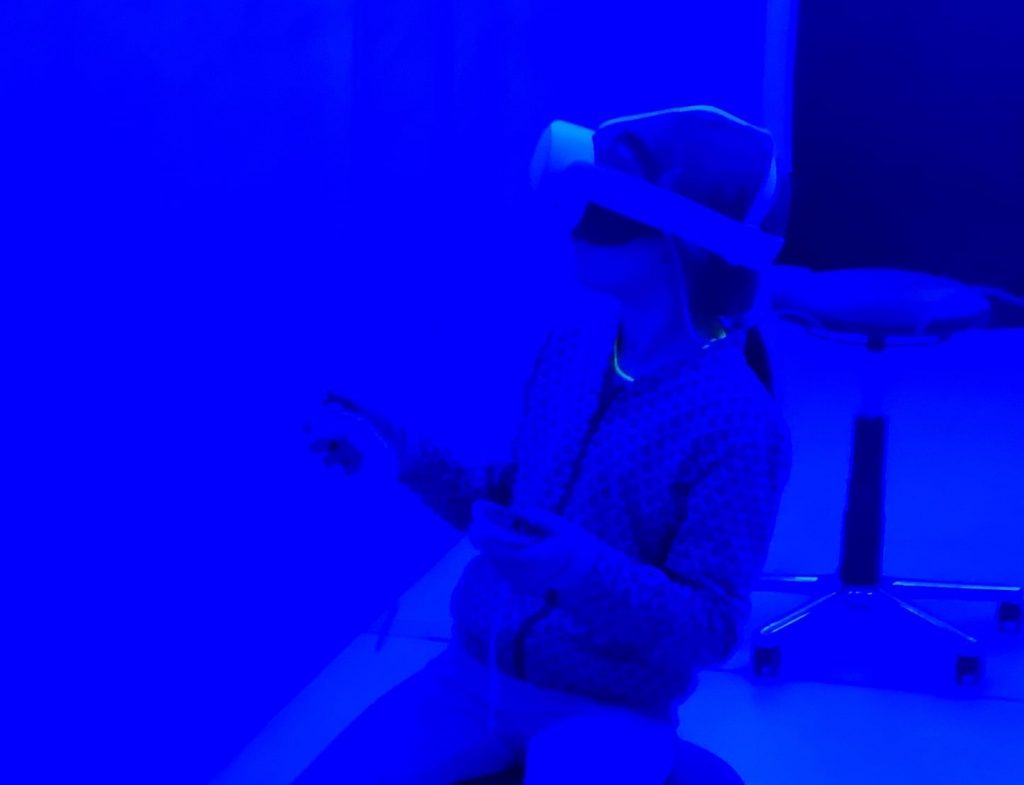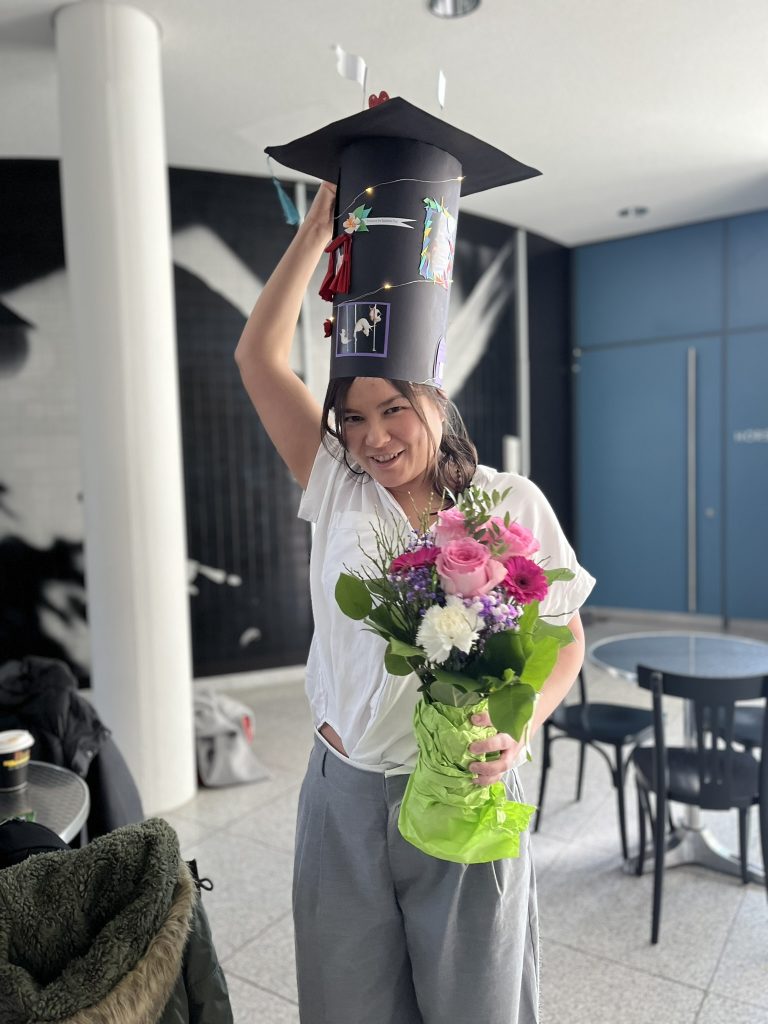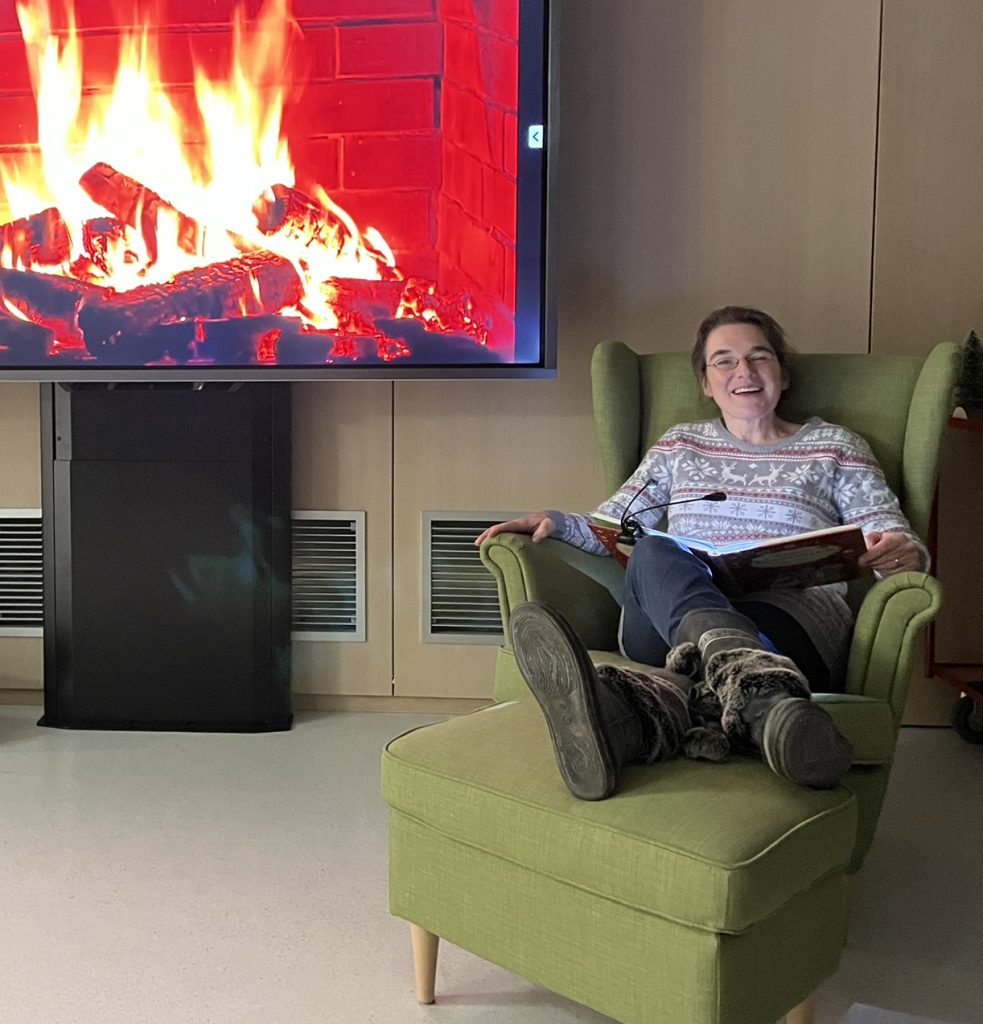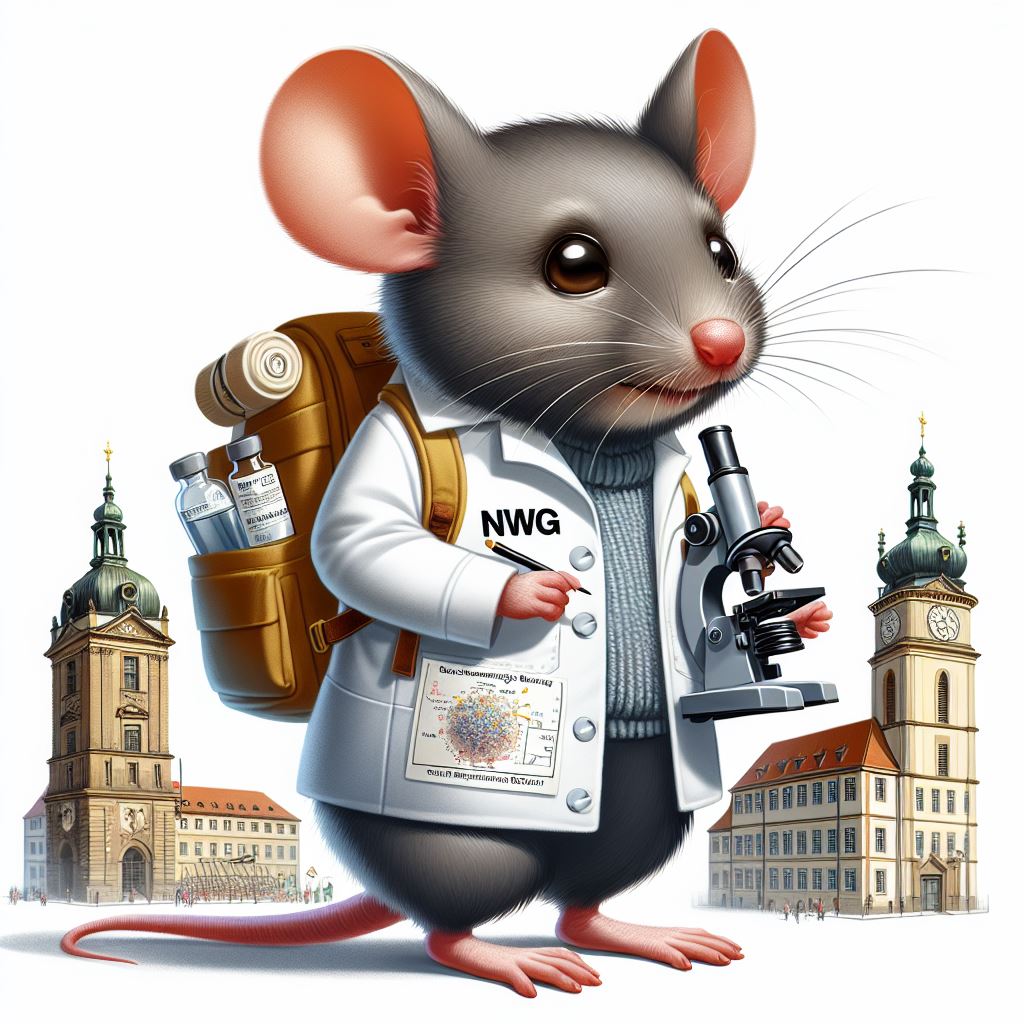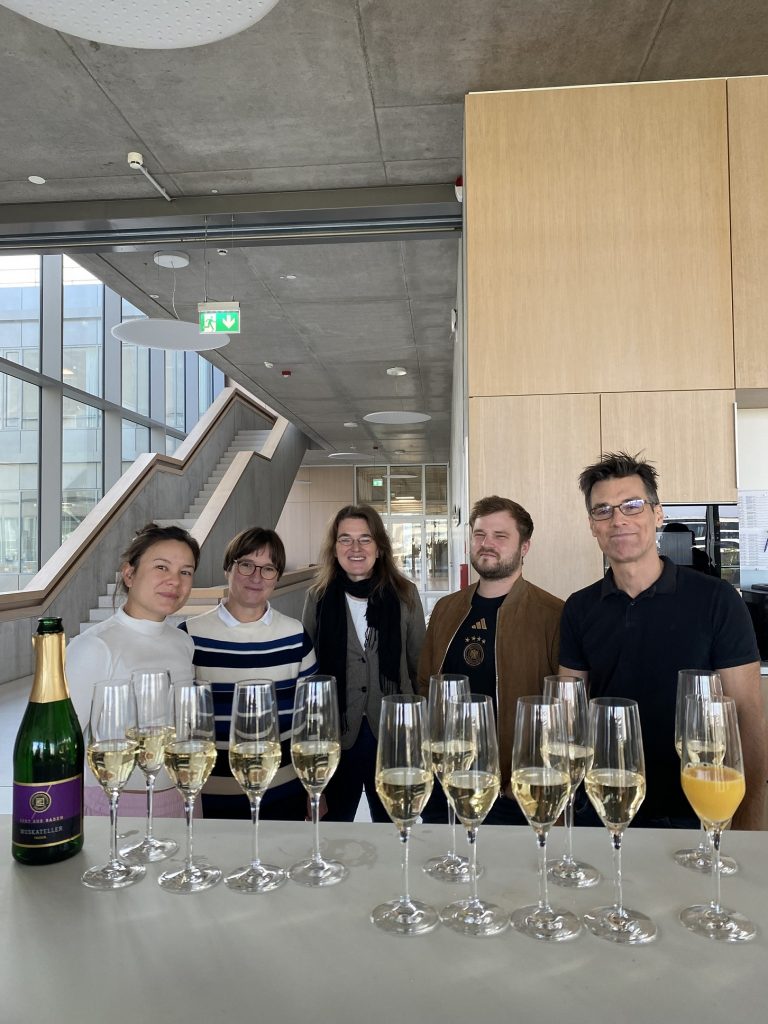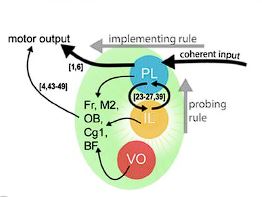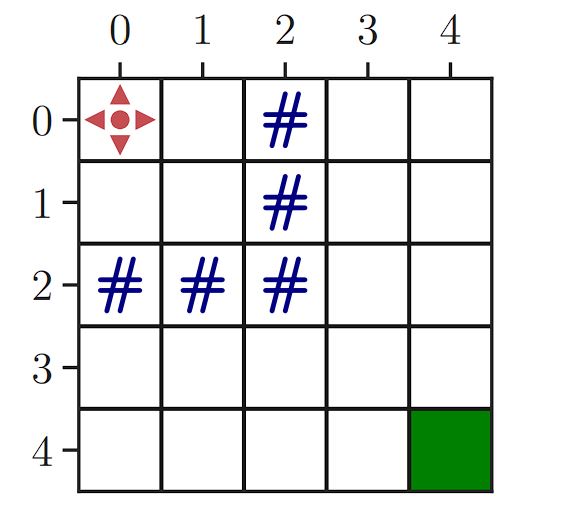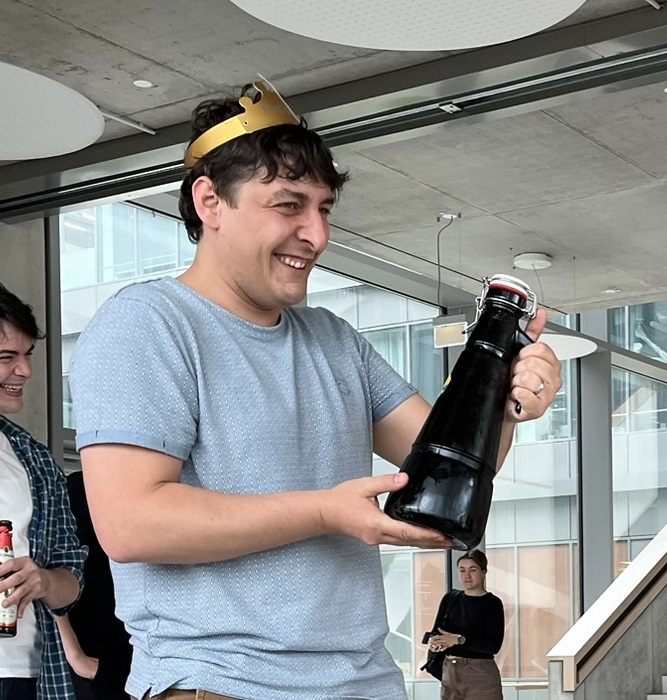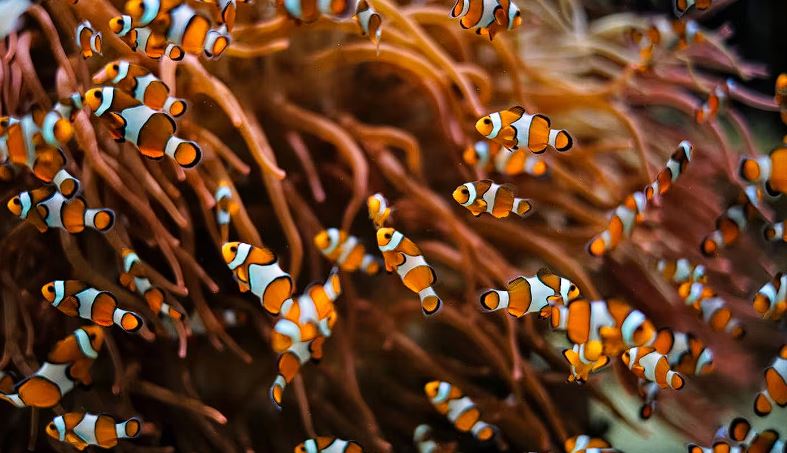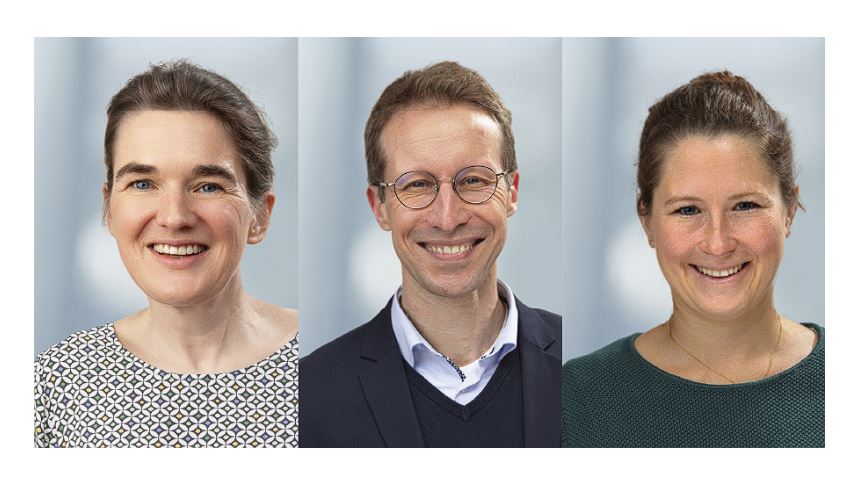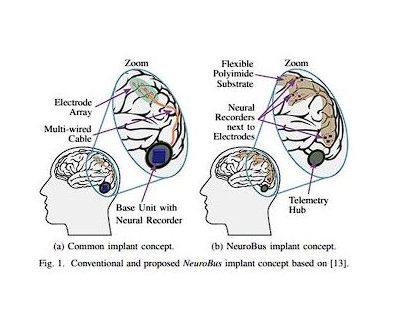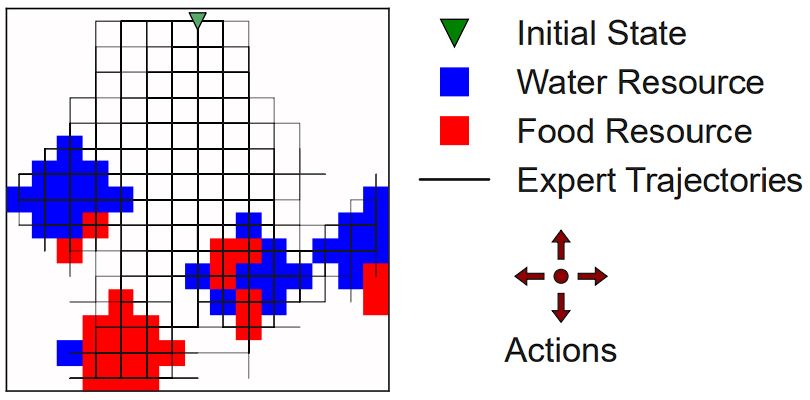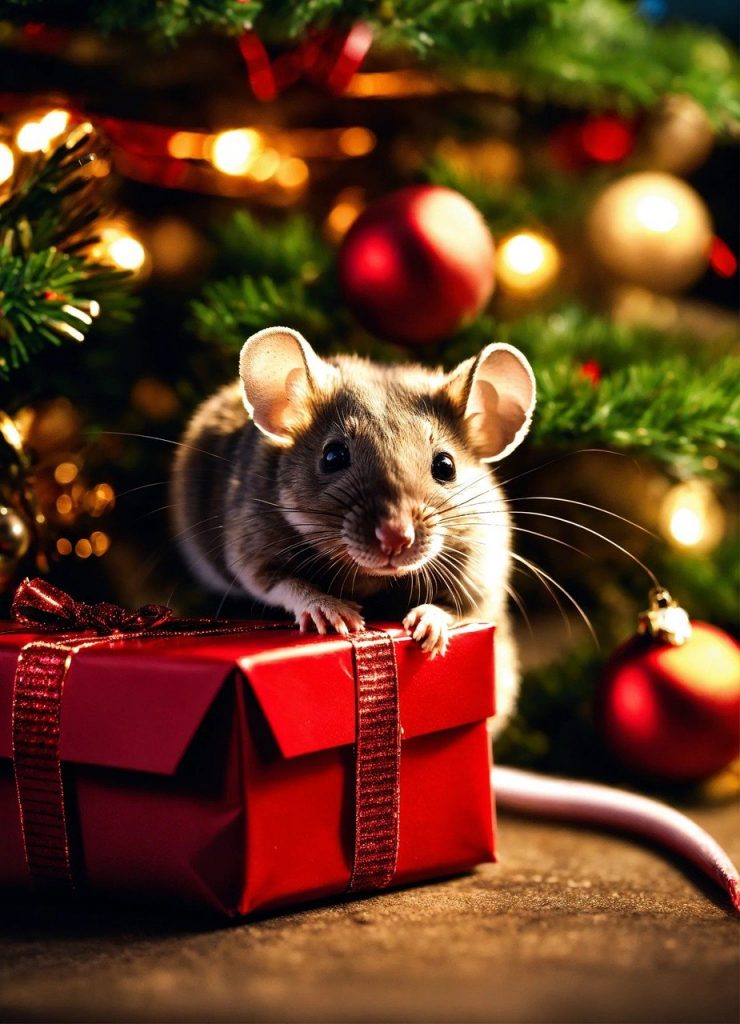After exciting and successful years in our working group, it is now time for you Artur to embark on a new adventure. Your time with us has been invaluable, and we’re grateful for the contributions you’ve made to the team. Although we’re sad to see you go, we’re also excited to see what the future holds for you. We wish you all the best for the next chapter. Thank you for being an amazing coworker, and we hope to keep in touch.
News
New Article Published in SSRN
To facilitate optogenetic experiments in neuroscience, we designed a cost-effective (<40 €) and versatile laser control system, FreiLaser, based on the Raspberry Pi Pico microcontroller running CircuitPython. The system's flexibility, ease of use, and low cost make it an invaluable tool for researchers conducting optogenetic and behavioral studies. Our open-source design ensures accessibility and adaptability for a wide range of experimental needs.
NWG Symposium S3 on PFC Mechanisms of Adaptive Cognitive Behaviours
During the 16th Göttingen Meeting of the German Neuroscience Society 2025, Zoe Jäckel impressed the audience with her talk “Prefrontal orchestration: a cortical network for rodent motor inhibition”. Zoe provided fascinating insights into how different subsections of the PFC work together to regulate motor inhibition in rodents. Claudia Böhm, M. Victoria Puig, Paul G. Anastasiades and Peter J. Uhlhaas deepened with their presentations the understanding of the functions of the prefrontal cortex, highlighting its central role in cognitive processes.
BrAInWorlds: Your Internal World Model Seen Through AI
At the interactive event on March 13, 2025, around 250 participants embarked on a unique journey into the workings of internal world models and experienced how our environment shapes our perception in real time.
March, 2025 – We are looking for a PhD (m/f/d) Student in Neuroscience (Prefrontal Flexibility)
We are seeking a motivated PhD student to join our research team. Funded by the German Research Foundation (DFG), this project investigates the neural underpinnings of prefrontal flexibility, focusing on how internal and external factors influence strategy choice in the rat prefrontal cortex.
March, 2025 – We are looking for a PhD (m/f/d) Student in Neuroscience (Movement Decoding)
We have an opening for a highly motivated PhD student. Funded by the German Research Foundation (DFG) as part of the collaborative research center 1690 (Disease Mechanisms and Functional Restoration of Sensory and Motor Systems), this project investigates the neural underpinnings of movement control, focusing on how premotor cortex influences activity in motor cortex.
March, 2025 – We are looking for a PhD (m/f/d) Student in Neuroscience (effects of virtual realities on neural activities)
We have an opening for a highly motivated PhD student to help us investigate the effects of virtual realities on neural activities. Specifically, we will develop and evaluate a new miniature microscope for investigating differences in neural activities in mice between virtual reality settings and experiences in real environments.
Warmest congratulations to Dr. Zoe Jäckel!
Zoe successfully defended her doctoral thesis on March 5th, a reflection of her dedication and passion. We’re grateful for her collaborative spirit and enthusiasm. We’re thrilled she’ll continue to be part of our team!
Merry Christmas
During our festive Christmas celebration, we reflected on an exciting year of scientific discoveries. The evening was filled with punch, nice food, stories, and papersongs. Live music was, of course, a must-have addition to the party.
The Optophysiology Lab wishes you a Merry Christmas and a good start to the year 2025.
Congratulations to Eliza Vylekzhanina on Receiving the GNS Travel Grant
Eliza Vylekzhanina has been awarded one of the 20 GNS Travel Grants, valued at €300, to support her attendance at the Göttingen Meeting of the German Neuroscience Society.
New Article Published in Animals
Ensuring proper pain relief in laboratory animals is vital for their welfare and for obtaining accurate scientific results. We retrospectively examined the effects of carprofen as post-operative analgesia in Sprague Dawley rats following stereotactic surgery.
New Article Published in bioRxiv
In this study, we employed an action-preparation task in rats, combined with bidirectional optogenetic interventions, opto-fMRI, single unit electrophysiology and local field potential synchrony measurements across PFC subsections. Our findings support a clear and simple model of action inhibition within the prefrontal network.
New Article Published in Transactions on Machine Learning Research
In this paper we propose the novel class of hierarchical inverse Q-learning (HIQL) algorithms, which extend the fixed-reward inverse Q-learning (IQL) framework from Kalweit et al. (2020) to solve multiintention IRL problems. We applied HIQL in a real mice decision-making dataset from a dynamic two-armed bandit task (De La Crompe et al., 2023), and mathematically characterized exploitation and exploration behavior of animals during value-based decision-making.
New Article Published in Neuron
How do brains—biological or artificial—respond and adapt to an ever-changing environment? In a recent meeting, experts from various fields of neuroscience and artificial intelligence met to discuss internal world models in brains and machines, arguing for an interdisciplinary approach to gain deeper insights into the underlying mechanisms.
June 21, 2024: Farewell Party
Dear Brice, it was a pleasure working with you. Thank you for your time and dedication while you worked in our team. All the best for your next step.
“Brice, Brice, au revoir”
February 9, 2024: Are Clownfish able to Count?
Clownfish can apparently count – this is the conclusion drawn by Japanese researchers from an experiment they conducted on the territorial behavior of the animals. Is this really true? “The researchers are jumping to conclusions,” says Prof. Dr. Ilka Diester.
January 31, 2024: How does artificial intelligence view the world?
Joschka Boedecker, Ilka Diester and Monika Schoenauer about internal world models in people, animals and AI
New Article Published in IEEE Transactions on Biomedical Circuits and Systems
In this study, we introduce the architecture, the integrated building blocks, and the post-CMOS processes required to realize a NeuroBus , and we characterize the prototyped direct digitizing neural recorder front-end as well as polyimide-based ECoG brain interface.
New Article Published in arXiv
In this study, we introduce a novel class of Latent (Markov) Variable Inverse Q-learning algorithms for characterizing animal behavior during complex decision-making tasks.
Merry Christmas from the IMBIT
Merry Christmas and a Happy New Year from the Optophysiology and Robot Learning Lab.


